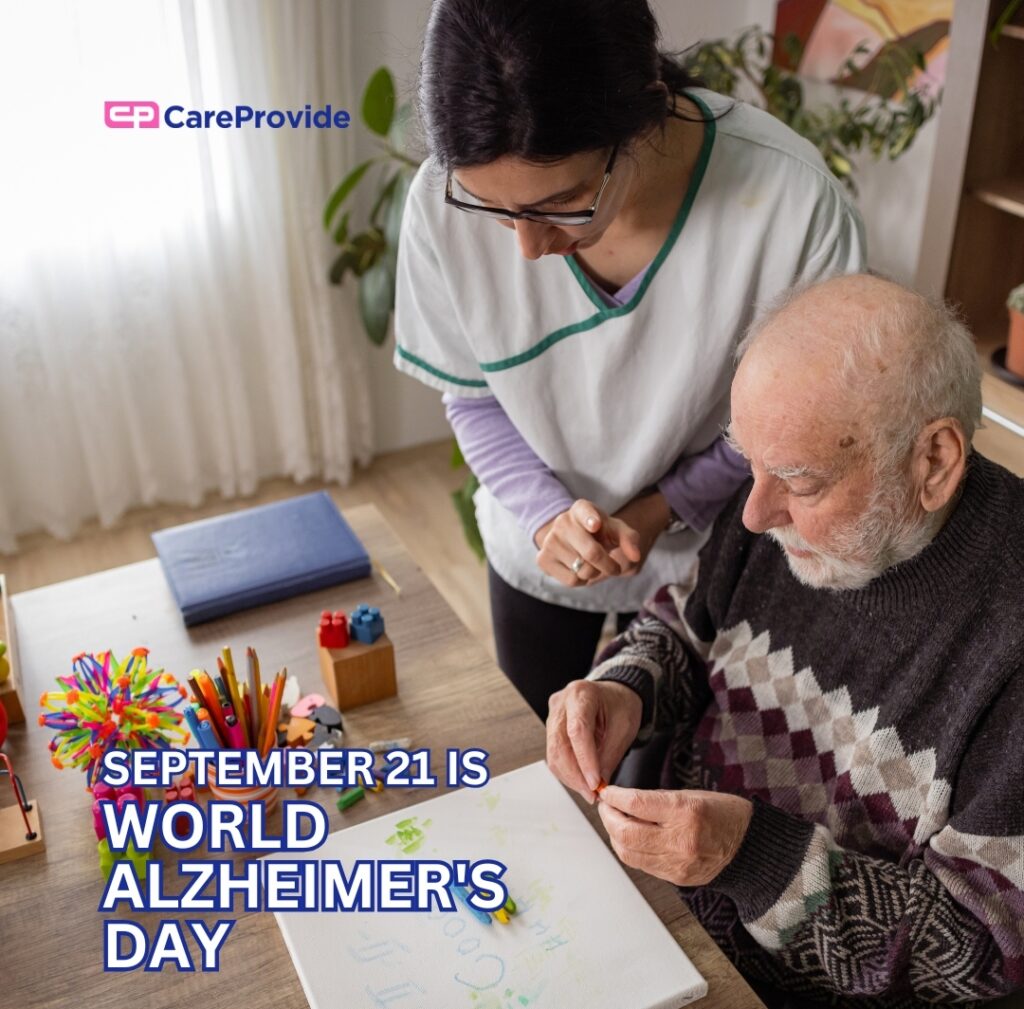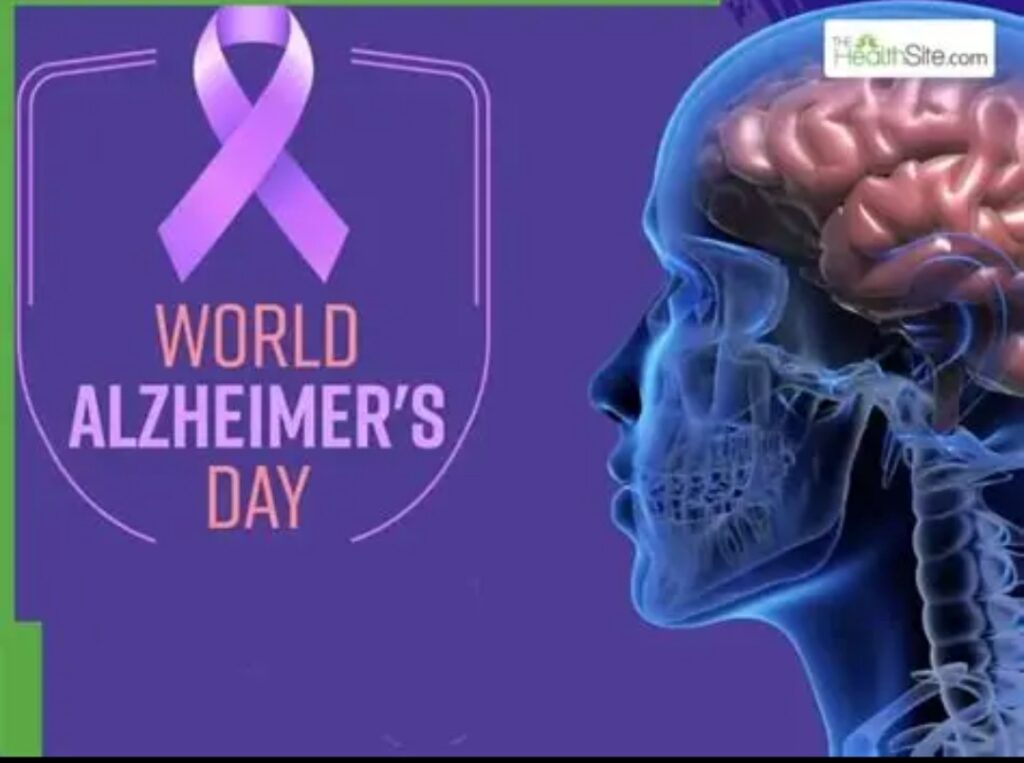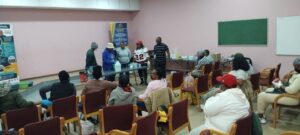

WORLD ALZHEIMER’S DAY: SOCIAL DEVELOPMENT URGES COMPASSIONATE CARE AND PROTECTION FOR THE ELDERLY
The Department of Social Development commemorated World Alzheimer’s Day through an informative interactive session with older persons from across KwaZulu-Natal province.
World Alzheimer’s Day presents an opportunity to raise awareness about the disease, encourage support, and demystify dementia. It also highlights the importance of open communication and early intervention.
Addressing older persons, Ms Civil Legodu, Chief Director: Older Persons Services at the National Department of Social Development, noted that the day is traditionally observed in September and, this year, is observed under the theme: “#Ask about Dementia, #Ask about Alzheimer’s.”
“KwaZulu-Natal province is home to 1,1 million older persons and has a high prevalence of older persons’ abuse. We are gathered here today with the sole purpose of raising awareness and reducing stigma by advocating for better care and protection of the elderly. We call upon experts, researchers, leaders, policy developers, caregivers in the field of ageing, families, and communities to play their part and help in raising awareness on Alzheimer’s, a brain disease which accounts for 60 to 80 percent of dementia cases, generally referring to the decline in memory, reasoning, or thinking,” said Ms Legodu.
Experts in the field also stress the importance of empathy when caring for those affected. Psychiatric nurse practitioner, Sister Wendy Robinson, reminds families and caregivers that when a person with Alzheimer’s acts out or appears unkind, it is not because they are inherently mean but because of the progression of the disease. She emphasises treating individuals living with Alzheimer’s and related conditions with respect and compassion, so that their dignity is preserved throughout their journey.
To create opportunities and respond to the challenges faced by older persons, South Africa has developed a Policy for Older Persons and passed legislation that aligns with both the Madrid International Plan of Action on Ageing (MIPAA) and the African Union Policy Framework on Ageing.
The Older Persons Act 13 of 2006 and its Regulations, which came into effect in 2010, call for a developmental approach in dealing with ageing-related issues. The aim of the Act is to effectively respond to the plight of senior citizens by establishing a framework for their empowerment and protection. It further seeks to promote and maintain the status of older persons, upholding their rights, well-being, safety, and security.
While Alzheimer’s disease is most common among the elderly, the reality is that it can begin as early as the age of 30, affecting thinking skills, memory, and even the ability to complete the simplest daily tasks.
The Department of Social Development encourages communities to report incidents of abuse of older persons by contacting the GBV Command Centre Toll-Free Number: 0800 428 428. Alternatively, the public may use The Association for the Aged (TAFTA) Elderly Abuse Helpline: 0800 10 11 10 for additional support and intervention.

